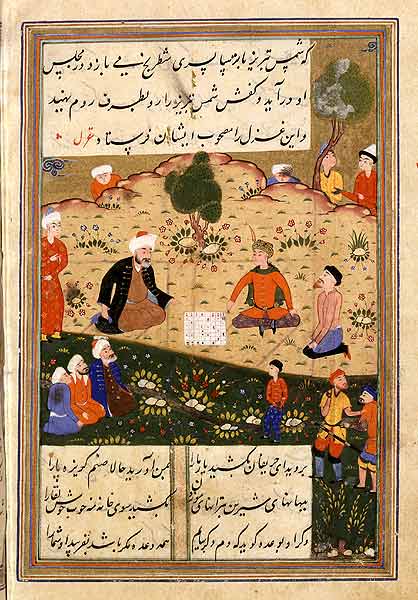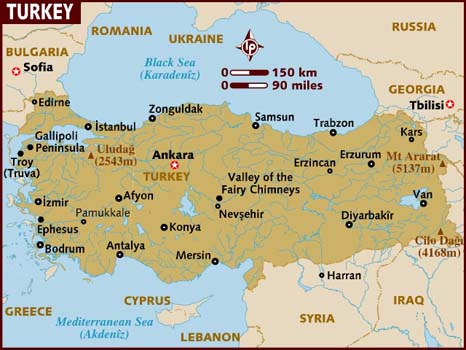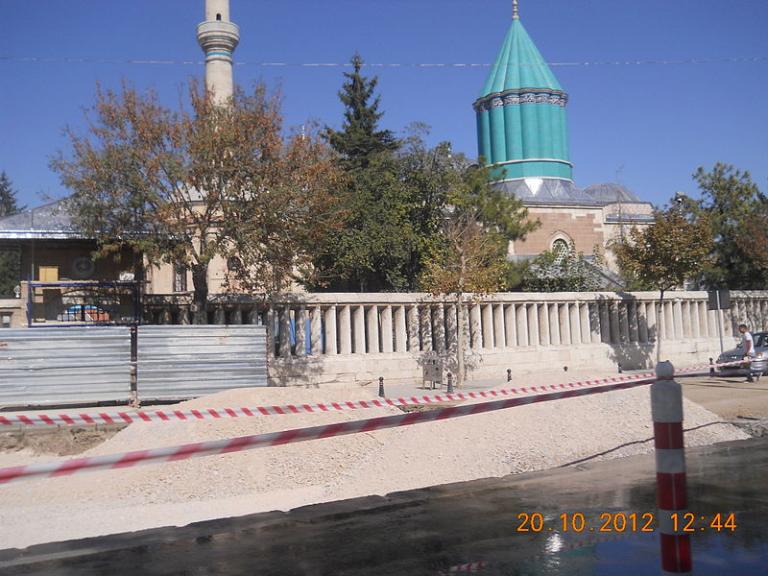
This is great:
“Dodger Dogs, Mormons and Muslims: One couple’s moral authority builds interfaith bridges”
Back in the days when I was still permitted association with the Middle Eastern Texts Initiative that I conceived and founded at BYU and when I was, thus, also involved on a regular basis in outreach to Muslims around the world, I had occasional contact with Steve and Judy Gilliland. I admire the work that they’re doing. I’m glad that it’s being recognized.
I also count Shabbir Mansuri as a friend. I’ve met him in California and Utah and elsewhere, and have been in his home. A very good man, and a genuine friend to Latter-day Saints.
***
This, too, is great:
***
This, however, is not so great:
“Twitter Trump Outdoes Himself”
“Trump’s Tweets Manage a Rare Feat: Uniting Britain, in Outrage”
I wonder how those Latter-day Saints who defend Mr. Trump in such matters as this would respond if he were to tweet invitations to watch Ed Decker’s sensationalistic and inflammatory 1982 anti-Mormon film The God Makers.
***
In stark contrast, here is a valuable article that I recommend:
I would like to quibble though, just a bit, with the author’s reference to the great Sufi poet Jalal al-Din Rumi as an “Afghan.” Technically, yes, he was born in the region of Balkh, which is located in today’s Afghanistan.
But he probably wasn’t a Pashtun. In other words, he wasn’t a member of the ethnic group chiefly associated with Afghanistan.
And, in any event, the poet lived almost all of his life outside of his area of birth, and most of it under the Sultanate of Rum — Rum being the Arabic for Rome — meaning that he spent most of his days in Anatolia, or modern-day Turkey. He was born in AD 1207, but, somewhere between AD 1215 and 1220, his family fled westward to Iran and then Iraq, ahead of the Mongol invasion from the east. Probably around AD 1228, they finally settled in Konya, the former Iconium, a city located just a bit to the west southwest of the center of modern-day Turkey. Iconium had been “liberated” only recently from the Byzantine or Eastern Roman Empire.

That’s why he’s called Rumi, “the Roman.” He died in Konya in AD 1273 and is buried there. And he wrote most of his works in Persian.

Posted from Park City, Utah










